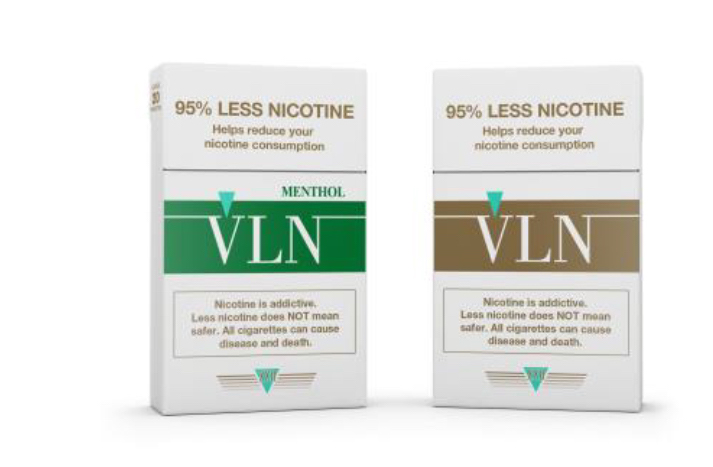Plus: NAADAC’s Advocacy in Action conference, and treating SUDs in the senior population
By Dulcie Ulloa
New & Next: Policy
The Biden Administration Signals Greater Acceptance of Contingency Management
Contingency management (CM), in which patients receive small payments for healthy behavior, has long been recognized as an effective form of harm reduction for a variety of addictions—especially with stimulants, for which there is no Food and Drug Administration (FDA)-approved treatment medication. Until now, though, the U.S. Department of Health and Human Services (HHS), out of concerns over federal anti-kickback statutes, strictly limited rewards to a maximum of $75—which experts say is too low to work. An opinion issued earlier this month by the U.S. Office of Inspector General (OIG) may change that, opening the door to wider application of CM nationwide.
In response to a request by DynamiCare Health, which created an app-based CM program for addiction that allows incentives of up to $599, the OIG said the company would not risk sanctions under anti-kickback statutes. DynamiCare Health CEO Eric Gastfriend noted the validity of contingency management as a “foundation for treatment” rather than a “kickback,” and this significant shift in federal government policy seems to agree. In response to the opinion, Chuck Ingoglia, president and CEO of the National Council for Mental Wellbeing, said, “With no FDA-approved medication for methamphetamine or cocaine use disorder, organizations that provide substance use treatment need to be able to adopt contingency management, which represents the most effective evidence-based approach available. … We’re proud to have played a role in breaking down this barrier to evidence-based care.”
States’ Prescribing Laws Don’t Impact Opioid Availability
Johns Hopkins Bloomberg School of Public Health recently published a study on the standards of opioid prescription in 13 states over two years before and after laws were enacted restricting the prescription of opioids, and found that the availability of opioids for patients with chronic pain wasn’t affected by the new laws. Beth McGinty, PhD, MS, professor in the Department of Health Policy and Management and co-director of the Center for Mental Health and Addiction Policy Research at the Bloomberg School, said in a release, “The findings suggest that the decline in opioid prescribing may be driven more by shifting clinical guidance, changing professional norms or other factors.”
New & Next: Education
NIDA’s Prize Competition for Innovative Toxicology Testing
In August, the National Institute on Drug Abuse (NIDA) will begin accepting submissions for Cause of Death Elucidated (CODE), a new prize competition that aims to reduce fatality rates in drug-involved overdoses through technological innovations in toxicology testing. NIDA is looking for a portable, practical and cost-efficient testing device that can detect multiple drugs within a short delivery time. The window for submissions will be open until late October 2022. Find more information here.
New & Next: Conferences
NAADAC Advocacy in Action
NAADAC is holding the 2022 Advocacy in Action Conference & Virtual Hill Day from April 19–21, with speakers from government agencies and private organizations who are directly involved in legislation addressing issues of addiction and mental health at the federal level. Topics include advocacy, federal funding initiatives, cannabis and addiction in the workforce. The Virtual Hill Day on the 21st will include discussions with Capitol Hill lawmakers on addiction issues, and participants are invited to a debriefing on the entire experience at 2 p.m. EST on the 22nd. NAADAC has made this year’s conference free, and participants can earn up to 13 continuing education hours. For more information and to register, go here.
New & Next: Webinars
Treating SUD in Seniors
Nearly a million Americans over the age of 65 struggle with a substance use disorder (SUD), most commonly binge drinking, and senior citizens are more frequently prescribed opioids than younger Americans. That’s why learning to identify and treat SUDs in older populations is critical. On April 17 from noon to 1:30 EST, the Institute for Research, Education & Training in Addictions (IRETA) is offering the free workshop “Treating Substance Use Disorders in Older Adults,” with presenter Randall Webber, MPH, whose 47 years of experience in the SUD field should enlighten participants on the often-overlooked struggles of older populations. Register here.
Photo: David Everett Strickler














